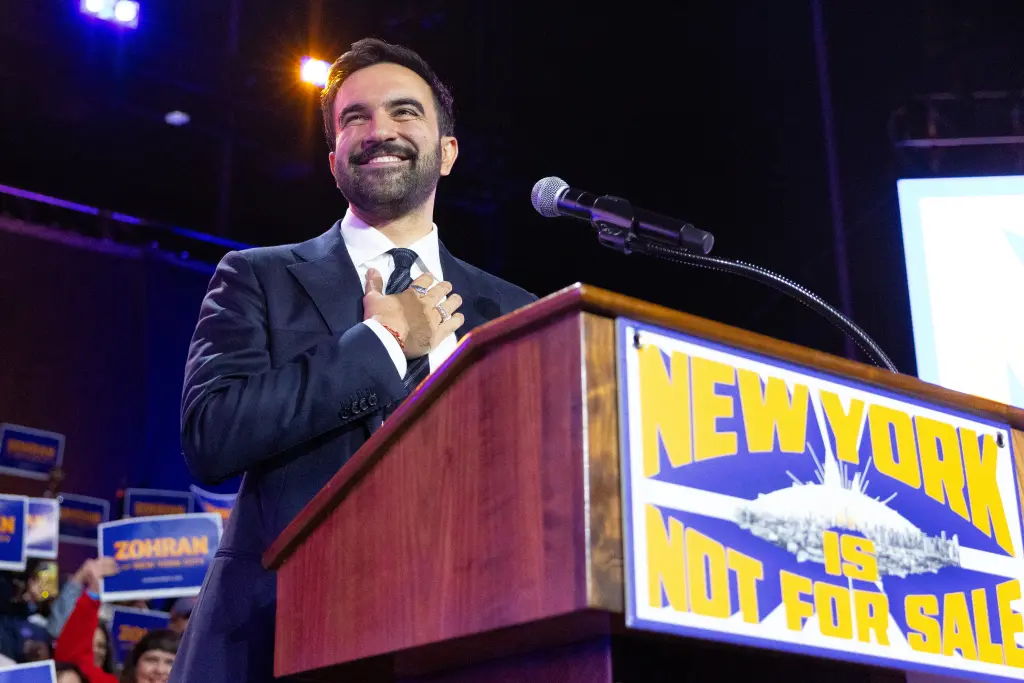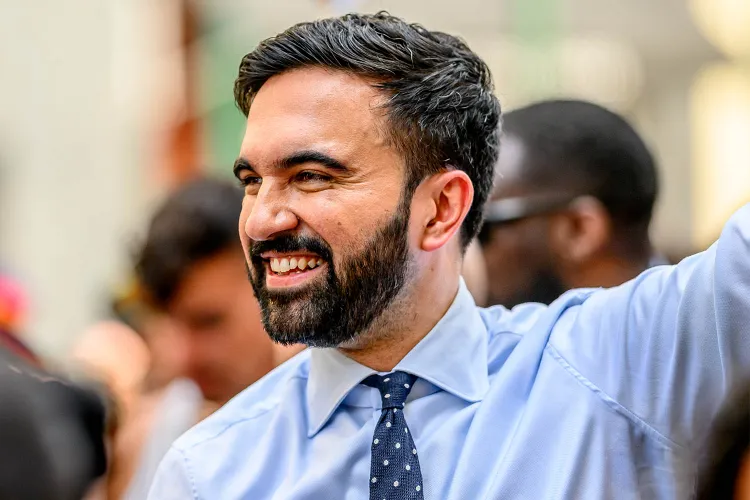Should You Give Up Your Airplane Seat for a Family to Sit Together? A Travel Expert Finally Weighs In on the Internet’s Most Divisive Travel Dilemma
It’s a familiar scene for many travelers — the flight is boarding, everyone’s finding their seats, and just as you’re about to settle in, a parent approaches with a polite but hopeful expression. “Would you mind switching seats so my family can sit together?” What happens next often reveals more about human nature than any travel rulebook ever could.

In recent weeks, the internet has reignited this debate after several viral videos and posts showed solo passengers being asked to swap their pre-booked seats for families split across the plane. Some viewers called refusal selfish, while others defended the right to keep the seat they paid for. The divide is sharp, emotional, and surprisingly universal — after all, nearly everyone who’s ever flown has faced this exact scenario.
According to travel expert Erika Kullberg, who recently addressed the issue in a viral post of her own, there’s no obligation — moral or otherwise — for a passenger to give up their seat unless they personally choose to. “You paid for that specific seat, and that’s your space,” she explained. “If the airline or another passenger wants to rearrange things, it’s entirely up to your discretion.”
Kullberg’s advice echoes what many travelers quietly feel but rarely say aloud: paying for extra legroom, a window view, or a seat near the front isn’t just preference — it’s a choice made with cost and comfort in mind. Yet, on the other side of the argument are families who may have struggled to book seats together due to sold-out flights, last-minute bookings, or system errors beyond their control.

This gray area of travel etiquette often puts solo passengers in an uncomfortable position — forced to choose between empathy and entitlement. Some passengers willingly move, especially if it means reuniting a parent with a young child. Others, however, feel pressured into sacrificing their plans for someone else’s oversight. “It’s not about kindness versus cruelty,” Kullberg noted. “It’s about respecting the logistics of travel. If families want to sit together, it’s best to plan ahead, pay for seating, or reach out to the airline directly.”
Social media, predictably, has taken sides. Many commenters sympathized with solo travelers, pointing out that they too have families or reasons for choosing their exact seat. “I booked early and paid extra — I shouldn’t feel guilty for that,” one person wrote. Others countered, arguing that a little flexibility can make everyone’s travel day easier. “If switching doesn’t inconvenience you, why not help?” another replied.
The conversation touches on something deeper than airline etiquette — it’s about boundaries in shared spaces. Modern travel already tests patience with delays, cramped cabins, and noise. Asking someone to move, especially on a long or expensive flight, can sometimes feel like one request too many. Yet kindness still has its place. A polite tone, an offer to exchange for an equal or better seat, and genuine gratitude can make all the difference.
Flight attendants often serve as the mediators in these situations, but even they admit it’s tricky. “We can suggest, not enforce,” one veteran attendant shared. “Most people are understanding when approached respectfully, but no one should feel obligated.”
Ultimately, the expert consensus is simple: there’s no right or wrong answer, only respectful choices. If you decide to stay put, that’s your prerogative. If you decide to move, that’s your kindness. Either way, everyone should remember that air travel, at its core, is about cooperation — a small, metal tube full of strangers trying to make it to the same destination with their dignity (and sanity) intact.
As Kullberg summed it up perfectly, “Travel brings out the best and worst in people. The goal should be to land with both your seat and your humanity intact.”



